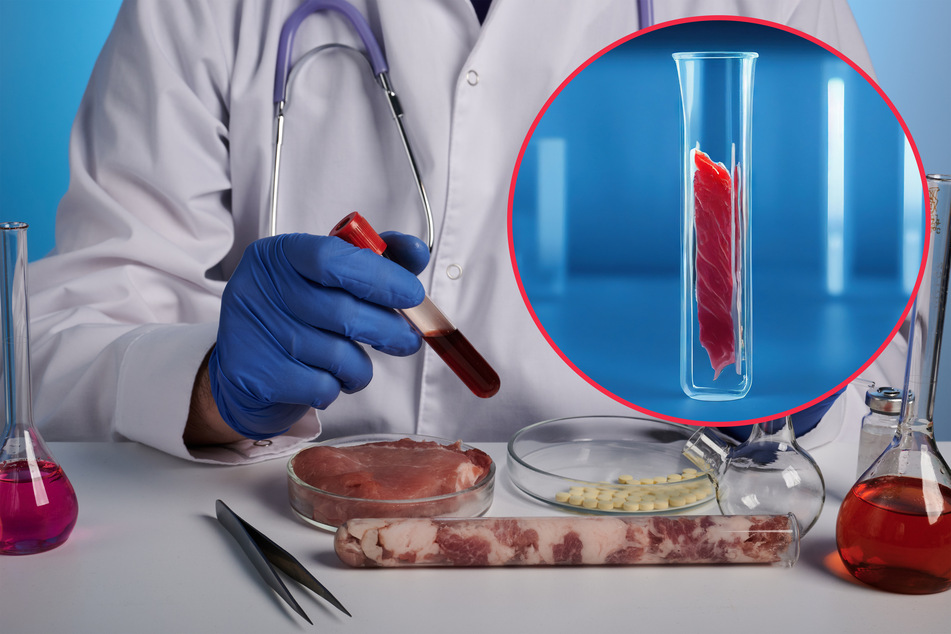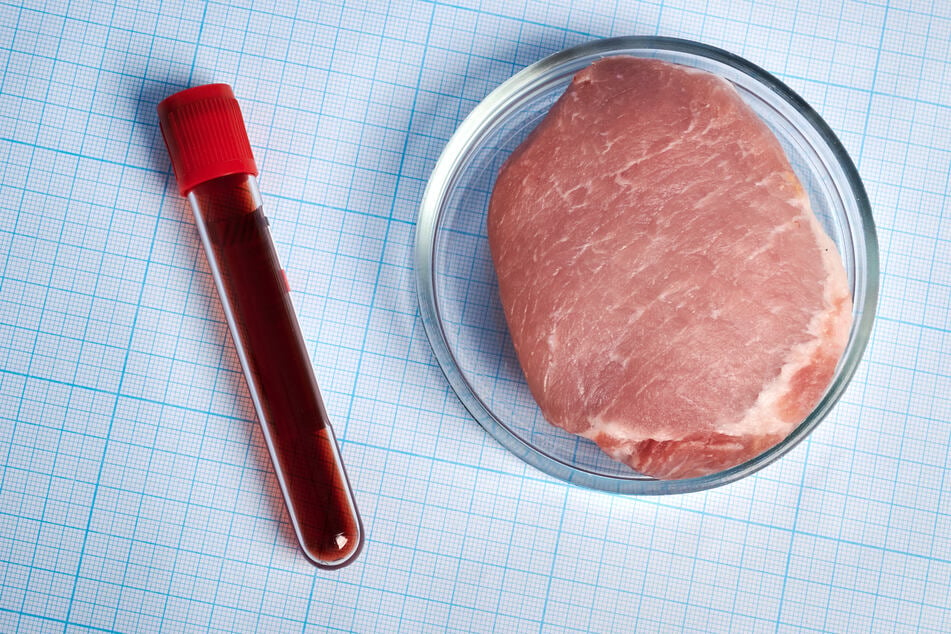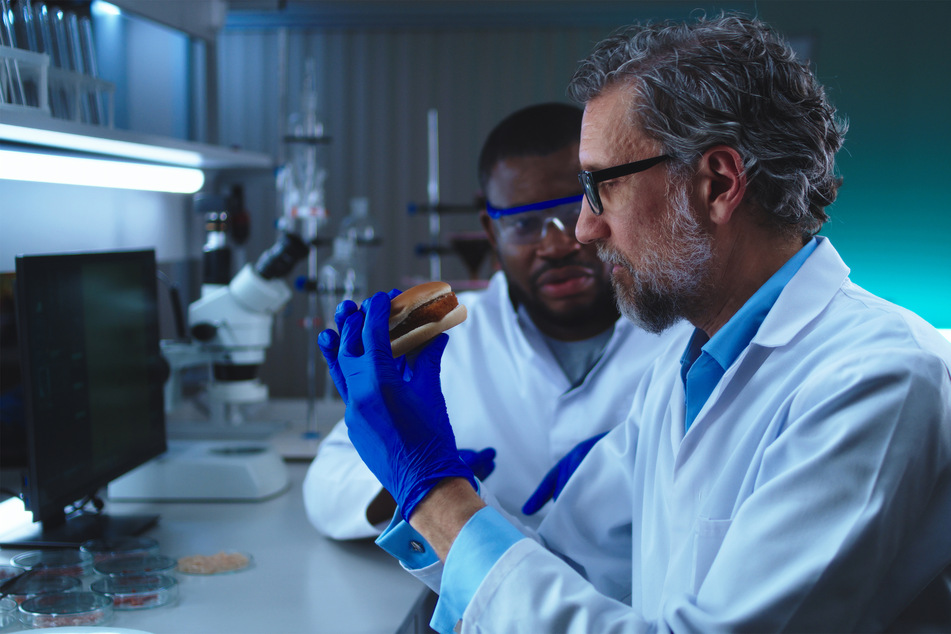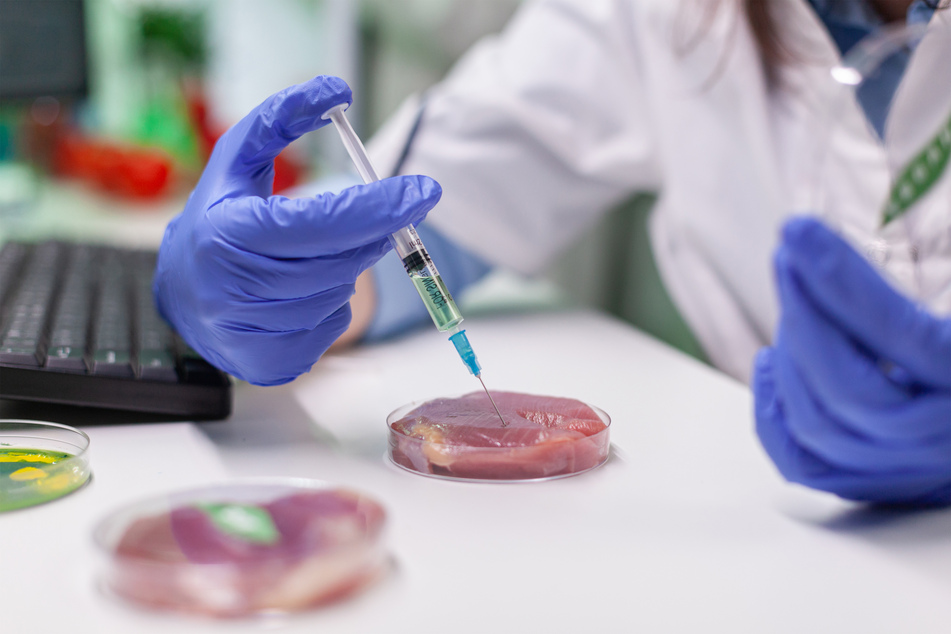USDA approves sale of lab-grown meat – what is it, and what does it mean for the future?
With new lab-grown meat products having gained USDA approval, is the future livestock and chicken free? Even if it does not seem entirely natural, will lab-grown meat solve many of the world's problems?

Earlier this week, the United States Department of Agriculture (USDA) approved the sale of lab-grown meat cultivated and produced by two separate companies. While this is big news for the US, some of these companies have already been selling their products in other countries around the world.
Upside Foods and Good Meat have both developed cell-cultivated chicken in bids to produce substitute products that have the same texture and flavor of chicken, but require no animal deaths and are less environmentally destructive.
Bruce Friedrich, president of The Good Food Institute (an NGO that promotes plant and cell-based meat alternatives), said in a press release that the approval "marks a pivotal moment in our journey towards building a safer, more efficient food system."
"American consumers are now closer than ever to eating the real meat they love, that uses far less land and water than conventionally produced meat," he added.
What is lab-grown meat?
While it will be a long time before we see lab-grown products hit shelves in US supermarkets, it's important to understand what they are and why this announcement is equal parts important and controversial.
Now that the USDA has approved these two meat alternatives, the United States has become only the second country in history to have approved such products – the only other being Singapore.
It's a surprising move, and one that you wouldn't be blamed for feeling a bit skeptical about. After all, the US hardly has a good reputation when it comes to what's allowed to be sold in supermarkets. GMOs, hormone-stuffed meat, and other nasty things are in abundance due to a lack of strict regulation.
The concept of lab-grown meat is quite simple, though: An animal's stem cells are used to artificially grow blocks of muscles and create a cultured meat in a lab. They do this usually in a petri dish using amino acids and carbohydrates to multiply the cells quickly.
The challenges ahead for the lab-grown meat industry

The piece of meat that gets created via this process should theoretically be more-or-less identical in cellular structure to that of its natural counterpart. With improved technology, humans should be able to generate beef, chicken, pork, and other meats without killing or injuring an animal.
Of course, the success of these products depends entirely upon their safety, their taste and texture (i.e., whether the quality holds up when compared to the "real stuff"), and the company's ability to get them mass-produced.
As reported by Reuters, Upside Chicken has plans to do just that. The company, whose CEO called the approval "a dream come true," will soon announce a new production facility 10-20 times bigger than its current plant in Emeryville, California.
While both Upside and Good Meat are set to begin selling lab-grown chicken – first at high-end restaurants and then at grocery stores once production is cheaper and more streamlined – they are not the only players vying for this market.
There are many cultivated meat companies working on more environmentally friendly and ethical meat options. From beef, to pork, to chicken, the goal is to provide an alternative for those who can't stand the cheap knock-off meats that exist nowadays.

Why are lab-grown meats so important?
According to the United Nations Food and Agriculture Organization, the world's livestock is responsible for 14.5% of global greenhouse emissions. Considering the impact on the changing climate, reducing this emissions source is a major priority to many in the years ahead.
The same FAO report set out an easy-to-understand breakdown of the emissions, driving home the need for better regulation and more viable alternatives to livestock-driven food production.
"Beef and cattle milk production account for the majority of emissions, respectively contributing 41 and 20 percent of the sector’s emissions. While pig meat and poultry meat and eggs contribute respectively 9 percent and 8 percent to the sector’s emissions," the report states.
Of course, the other reason why lab-grown meat could be truly revolutionary is an ethical one: As it stands, a good cheese burger requires the slaughter of a cow, and a Sunday night roast requires the death of an innocent (yet delicious) bird.
While not all are bothered by the ethical implications of eating meat, it would be hard to argue that most people wouldn't take the opportunity to start eating meat that came from a lab instead of a dead animal – if it tastes the same, that is.
It's generally apathy and a sense of disconnection from the source that drives many to consume what we consume. If people were given an opportunity to eat ethically with no disadvantages, many might be pretty keen to give it a go.
In an interview with Oliver Milman of The Guardian in January 2023, Eiten Fischer, founder of the cultivated meat company Mission Barns, laid out the case eloquently: "A harmless sample from one pig can produce many millions of tons of product without requiring us to raise and slaughter an animal each time."
"This industry will absolutely be transformative to our food system as people move toward consuming these types of products."
How long will it be until we're all eating lab-grown meat?

We shouldn't hold our breath for a time when lab-grown meat will simply be the "norm" in our supermarkets. It's not coming anytime soon.
There are two main catches to the USDA approval, according to a CNN Business report confirmed by both Good Meat and Upside Foods.
The first is pretty obvious. In both cases, they are approved for the commercial sale of their artificial chicken, but would need additional approval for any other meat, be it beef, pork, or something else.
The second is a bit more complicated. As of writing, none of these companies have the capability to mass produce their products on a scale that would allow for sale in supermarkets. Due to these difficulties, a tiered introduction is on the horizon.
Good Meat will start by partnering with chef José Andrés and bringing the product to his restaurant in Washington DC. Upside Foods will bring theirs to Bar Crenn in San Francisco. Both companies will begin the process of upscaling and the arguably more difficult process of convincing a slightly dubious public.
Once they've had a bit of success, or some bigger companies pick up the mantel of production, we'll start to see these potentially world-changing products take flight.
Cover photo: Collage: IMAGO/Wirestock/Pond5




